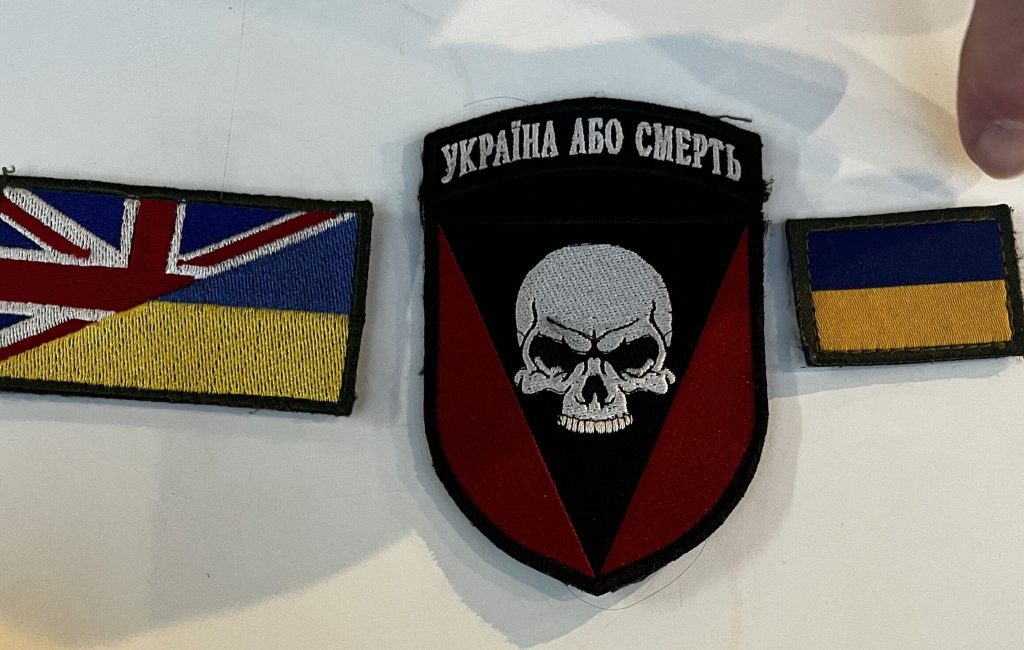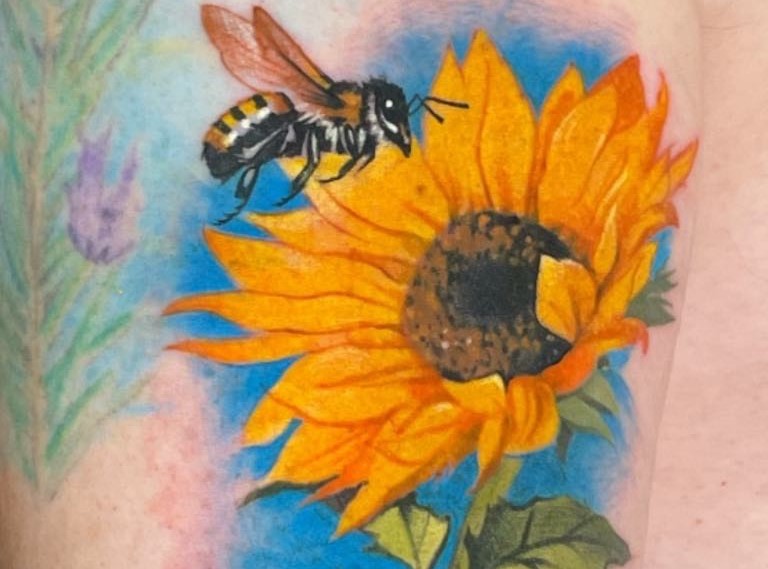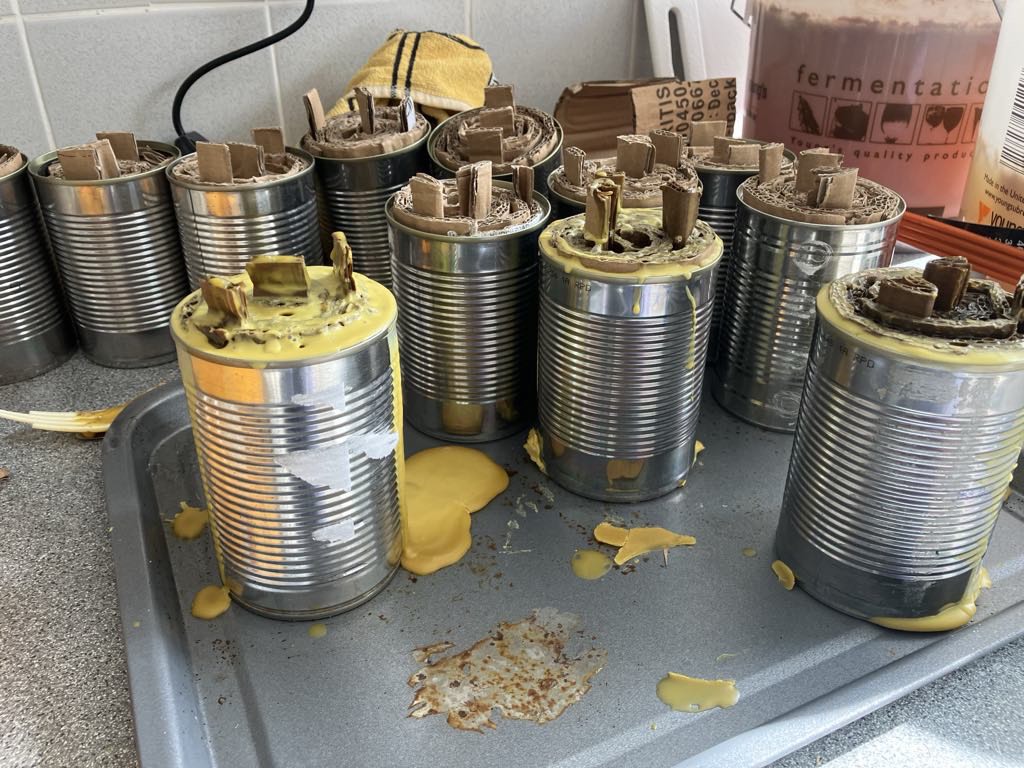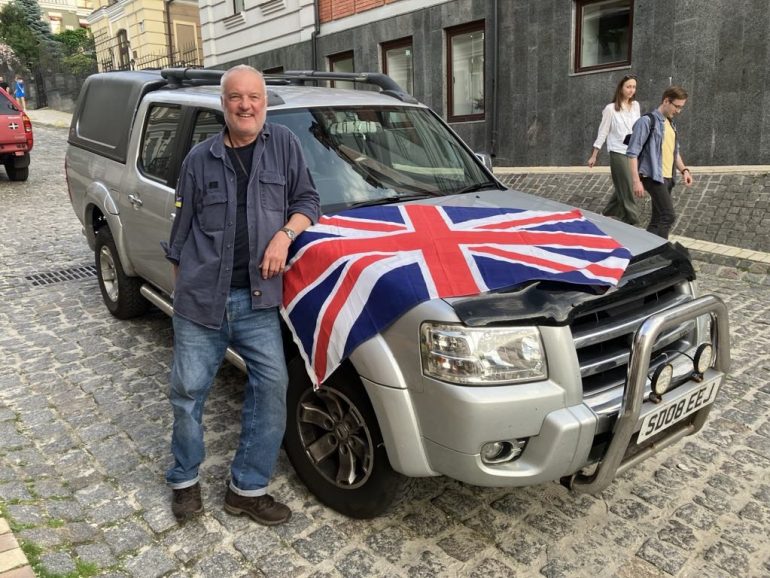An army veteran from Cardiff has spoken about the danger he has faced delivering aid and medical supplies during the Ukraine Russia war.
Paul Yates has dedicated his spare time to making the 3,500 mile-round-trip to the Ukrainian border to hand essential aid which includes everything from old vehicles, to stretchers, to baby formula.
Since the war broke out, Paul has made 13 trips to the country in cars packed with medical and military supplies.

It all started when a friend in Cardiff called Simon, who is also ex-army, reached out to a Ukrainian woman he’d met before the war broke out. He asked how he could help her and she asked for vehicles.
Ukraine needed cars, ambulances, anything that could transport injured soldiers and be driven into battle zones.
So, Paul and a group of ex-military friends started sourcing old vehicles, filling them with supplies, and driving them across Europe.
They rely on Ukrainian soldiers and fundraisers to cover costs that includes fuel, taxes, tolls, ferry tickets, and a flight home for the drivers.
Getting vehicles into Ukraine is no easy task.
The paperwork alone is extremely difficult, with border security requiring documentation with vehicle registration and approval stamps. But the risks don’t stop there.

Paul said Russian snipers will tend to aim at the left-hand side of approaching vehicles, which means UK cars, which are right-hand drive are in demand.
He said Ukrainian soldiers will often use a mannequin in the passenger seat as a decoy/
“He would shoot at you” Paul said, pointing at the passenger seat, “so the driver then could put his boot down and go.”
It is mostly down to volunteers like Paul to pay for and organise these trips. At first, charities and fundraising events helped, but as the war faded from headlines, donations dwindled. Now, Paul relies on small community fundraisers, and whatever money soldiers can scrape together.
Right now, an old ambulance sits in Cardiff, waiting for repairs. As soon as it is ready, Paul will be off again on his next mission.
Paul said he always carries two flags with him; a Ukrainian flag which he uses to communicate where he is going with non-English speakers and a Union Jack, which he puts on the car bonnet to show his nationality.
He pulled out a smaller bag filled with badges. One of them is a TRF ‘tactical recognition flash’ “. It is adorned with a UK and Ukrainian flag. Paul said he wears this to put the soldiers at ease.

Every time he visits Ukraine, he gets a new flower tattoo.
Paul explained how the soldiers he visits often have a tattoo artist on the front lines to get their country’s flag inked onto their skin.
For himself, he opted for a sunflower with a bee, a nod to his beekeeping – something else that keeps him occupied when he is not travelling to Ukraine.

Next, he showed me a photo of a soldier, he was a young man, who looked to be in his early twenties. Paul looked for a text conversation. He scrolled for minutes as countless Ukrainian contacts passed through the screen.
Yesterday a soldier who negotiated with you for a car was killed by a tank shot. He personally wanted to thank you, but unfortunately he is no longer there. It was him. He was a good man and a good warrior, he is grateful to you and we are also very grateful to you.
For Paul, the air raids across Ukraine are the riskiest part of his trip. Because there isn’t advanced enough technology in the drones for precision, the bombing is indiscriminate . He said a single drone strike could hit the Principality Stadium, a university campus, or an area like Splott.
Paul even uses his beekeeping hobby to his advantage.
He makes ‘trench candles’ out of tins, cardboard and beeswax. The soldiers in the trenches use these to cook their food, and even as a part of larger radiator-like appliances.

Paul is now working on adapting PTSD support documents for Ukrainian soldiers, hoping that when the war ends, he can shift from delivering cars to delivering help in another way.

